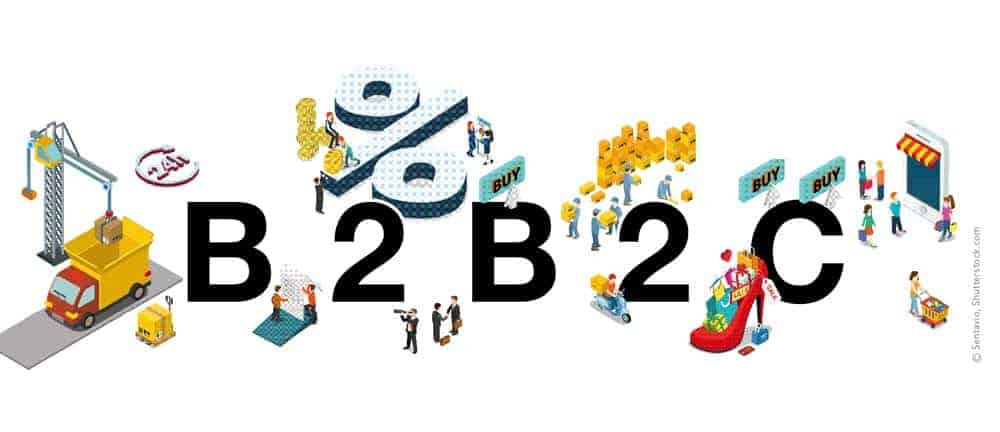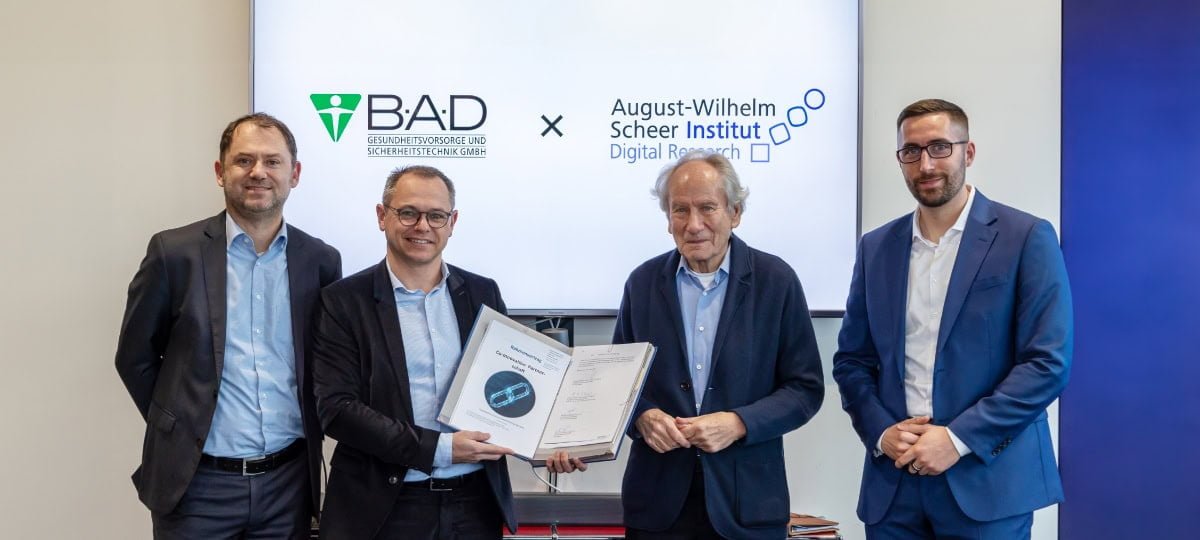The path to successful omnichannel sales


Today, many companies are going the omnichannel route. They want to seize the opportunity to use e-commerce to open up new business models and target markets, such as B2C direct sales. They have recognized the need to sustainably improve the customer experience. However, successful omnichannel sales and thus the path to B2B2C must be worked out in detail and implemented with state-of-the-art technologies. A strategic approach and a clear sales concept are critical to success.
Above all, a central, interdisciplinary process strategy is important. In concrete terms, this means a combination of sales, marketing, service and commerce. The example of marketing illustrates this very well. By adapting marketing processes from B2C, B2B can become a major beneficiary. On the one hand, through personalized marketing approaches to B2B customers as well as intelligent lead acquisition and nurturing processes. If these processes are linked to sales, marketing proactively supports sales and creates an unusually large added value for the B2B market.
In commerce, too, sales staff need a platform that they do not regard as competition to their business, but as a useful addition. If, for example, B2C-capable products such as simple materials or spare parts are available via a store, or if information can be accessed online, the sales staff can be relieved and concentrate better on the potentially relevant sales cases. This is particularly the case when complex product configurations or dependencies in the product combination are involved. In this case, the sales department acts as a consultant to develop the best possible customer-oriented solution.
It is clear that omnichannel sales are becoming increasingly important. If it is to be successful, three aspects should receive special attention. First, the design of the customer touchpoints. Here, it is important to pay attention to customer centricity, to provide the right content, and to choose a future-proof architecture. Second, the establishment of hybrid sales models. This includes digital accessibility and personal consulting. Third, the establishment of online stores or customer portals. The key here is to set up lean and attractively visualized sales processes, exploit cross-selling and upselling potential, and offer customers personalization and configuration.
Companies can only retain and win customers in the long term with innovative business models and an end-to-end optimized customer experience. The key to this is digital customer experience management, i.e., the optimization of the customer approach across all digital touchpoints. This overarching objective is just as critical to the success of omnichannel concepts as the quality of the IT solutions used for this purpose. End-to-end integration is a necessary prerequisite if B2B2C is to work.
For B2B companies, too, the journey will not end with B2B2C. In the future, the B2E concept, i.e., business-to-everyone, will also become increasingly prevalent here. The keywords are: social selling, sales 2.0 (content marketing and generation of own leads via social media channels) and virtual selling. Conversely, this means new sales channels again.
It should have become clear that omnichannel only works if an integrated concept is pursued. But you shouldn't let yourself be overwhelmed by this. It only works if you get started. For example, by setting up a store but only selling standard products there. When you take the first step, however, you should always keep in mind that it should be possible to integrate even more processes in the end. Processes, especially in the sales channels, must therefore be adapted from the outset so that digitization delivers added value for customers and the company. This is how the transformation from B2B to B2B2C and in the future to B2B2C2E succeeds - with technology and processes.





